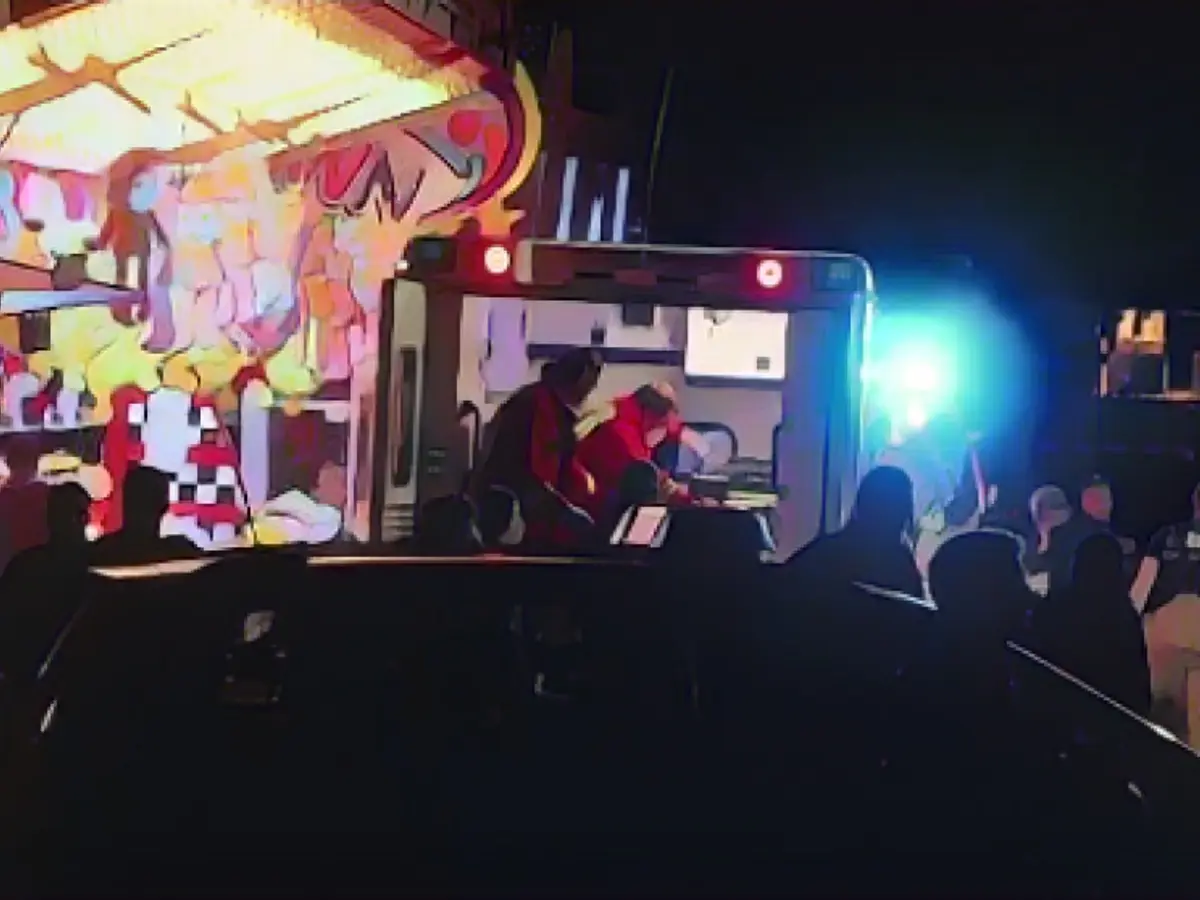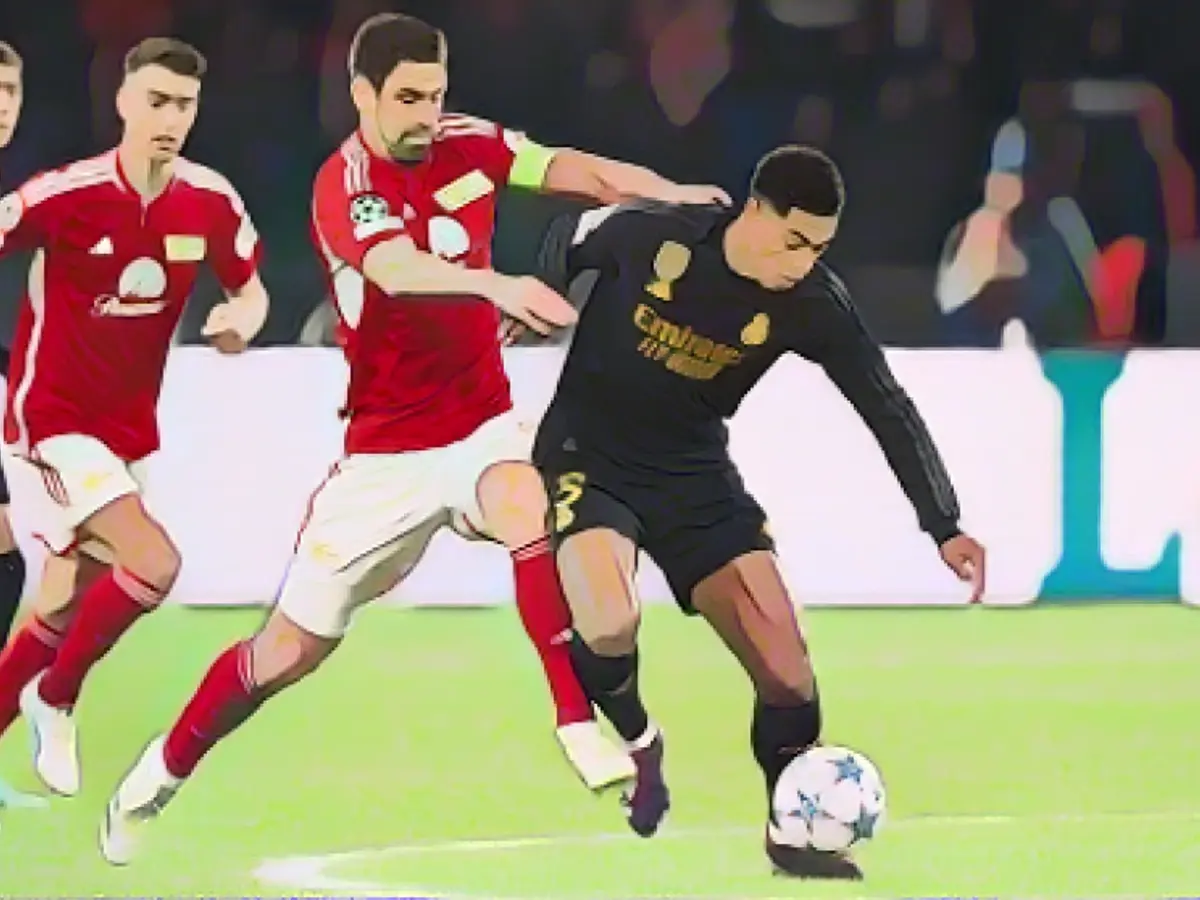Unleashing the Fury: The Rail Strike Saga and the GdL's Power Play
Deutsche Bahn is pitching an 11% wage hike. The GdL, however, is not pleased. They're aiming for a reduced 35-hour workweek with full week compensation, and the implementation of a four-day week in shift work.
Following a substantial wage agreement in August, the GdL remains unrelenting. Their rival union, the EVG, managed a gross increase of 410 euros per month and a whopping 2,850 euros in tax-free payments.
The GdL's Gambit
The GdL is exploiting its bargaining power. They're presenting demands that seem unattainable, disrupting wage negotiations with warning strikes and considering a call for an indefinite strike, a move usually taken when negotiations have failed.
No Compromise, No Surrender
The GdL plans a prolonged rail strike in January, pressuring Deutsche Bahn into accepting their demands without negotiating. They want to prove they're more zealous than the EVG.
Union Showdown
This is a battle between the upstart, youthful GdL and its elder, larger rival, the EVG. The latter has Deutsche Bahn's favor as a collective bargaining partner. The bonds between managers and union bosses often blur, as seen in the case of Martin Seiler, Deutsche Bahn's head of human resources, who once stood as a trade unionist.
The GdL's Rebellion
The GdL views this as cronyism, a relic of the old Federal Republic. They accuse the EVG of not truly championing the employees, instead allegedly colluding with Deutsche Bahn and the SPD. The lines between the Social Democrats and the EVG are unusually short.
The GdL's Motives
The GdL's criticism of the EVG is not without merit, but the conflict has spiraled into an independent entity. They refuse any negotiation, save on their terms, and adamantly oppose arbitration. Their stance risks dismantling a well-established culture of collective bargaining, a pillar that contributed to Germany's peace and prosperity.
Playing with Fire
The GdL's path of total resistance may be justified at times. However, they're wreaking havoc on Deutsche Bahn, an already tense company beset by unreliability and mismanagement. Their planned indefinite strike in January will further exacerbate the situation.
The GdL's Reckless Ambition
The GdL is tearing apart carefully cultivated bargaining relationships without hesitation, risking instability and chaos. Their behavior is reckless, destructive, and simply unacceptable.
Source:
Insight:
Beyond the surface-level arguments, the power struggle between these unions is contingent on several key factors: wage demands and their corresponding targets, flexibility for shift workers, and job security and stability. If these points remain unresolved, strikes and significant disruptions to rail services are likely. Furthermore, the upcoming federal election and potential changes in government add an additional layer of political uncertainty, potentially influencing the bargaining process and challenging the established culture of collective bargaining in Germany.








